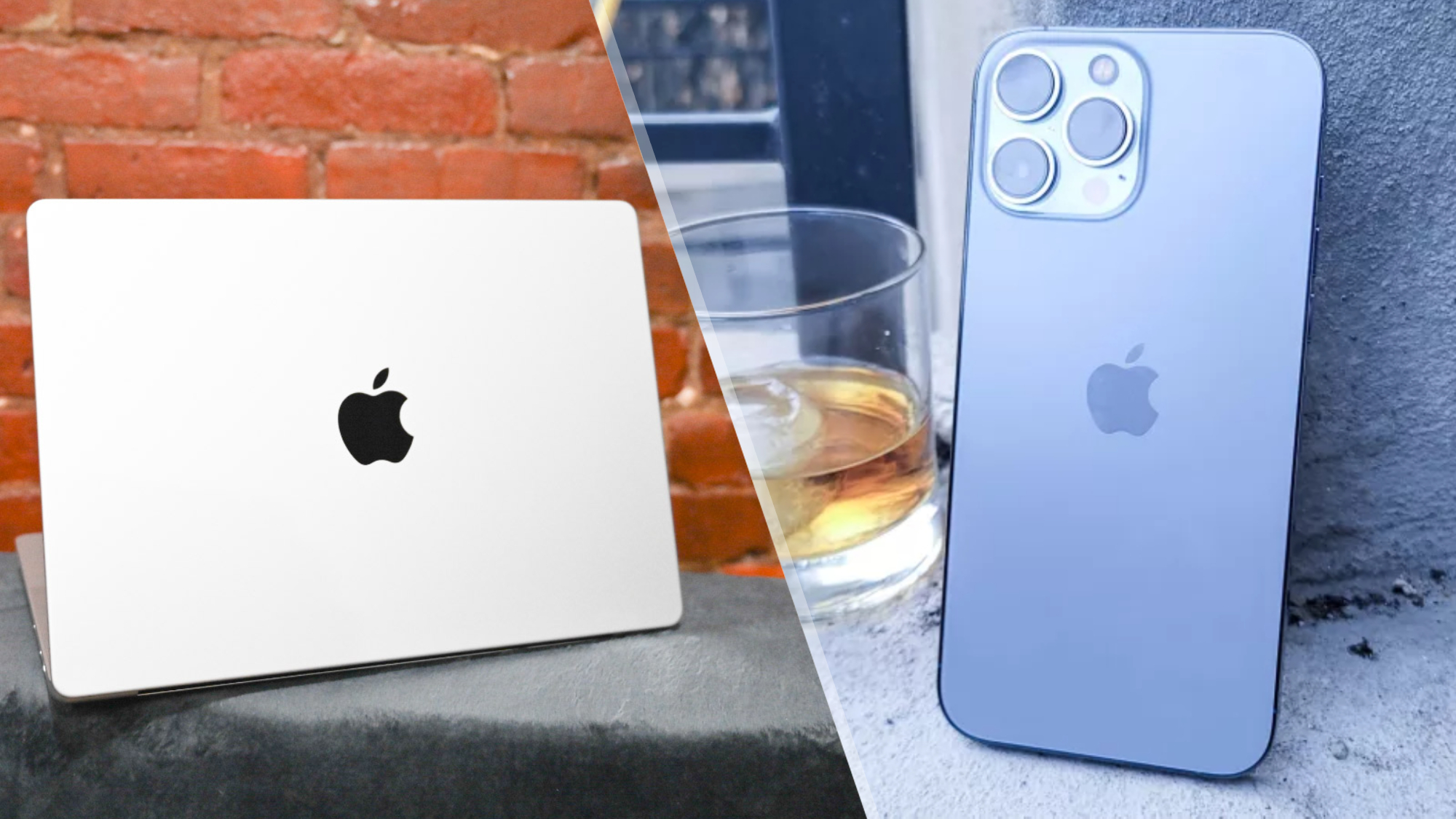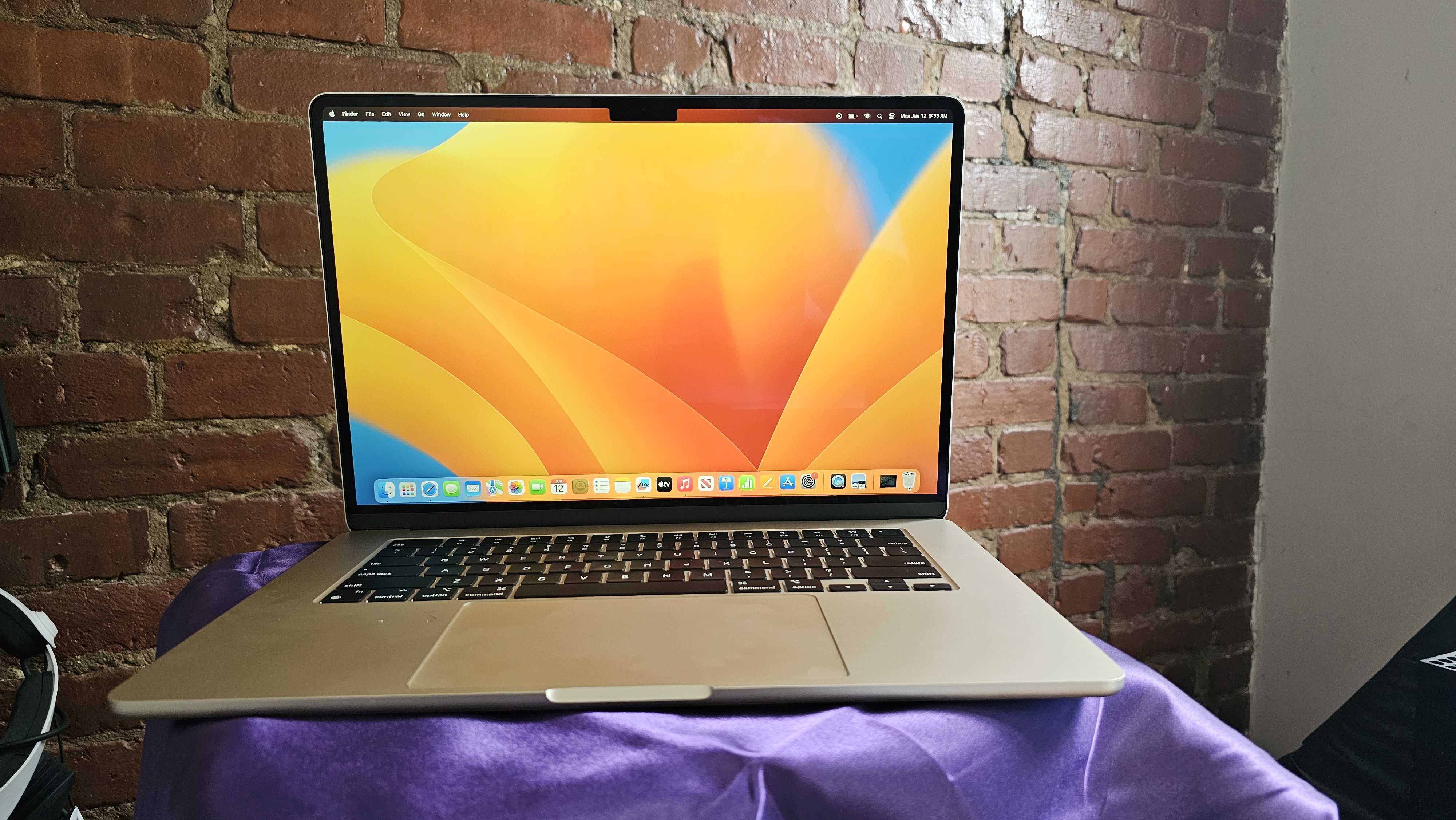Face ID may finally come to MacBooks — here's the evidence
A great iPhone feature could be on the horizon for MacBook

Apple is no stranger to throwing patents into the wild, and its latest suggests that a huge iPhone feature could be in development for MacBook and iMac products. "Could" is the operating word here; patents don't always guarantee that the company will go through with making that idea a reality, but we have a pretty good feeling about this one.
The patent, which harbors the needlessly long title of "light recognition module for determining a user of a computing device," sounds a lot like iPhone's Face ID. This could give users a great additional option in how they access their device, alongside protecting them from prying eyes through face recognition.
iPhone's Face ID coming to MacBook?
As mentioned, patents are never a guarantee for the development of hardware or software. But we expect this has a good chance of making it through, especially because it's one of Apple's tamer patents — unlike its ridiculous rollable phone plans.
The patent was published on Aug. 15, so it's possible that this won't come to MacBooks any time soon. However, the document illustrates that the filing occurred all the way back in September 2019. Perhaps Apple has had this in development for long enough that we could see it as soon as next year, but don't get too excited until we hear substantial rumors or news about it.

Face ID for MacBook is a good thing to have period, and it's somewhat surprising that the company hasn't already implemented the technology beyond iPhone and iPad. Our privacy and security seem to only be more in danger with every passing year, and these additional protections are certainly welcome. It's also a nice way to give users more options in how they want to access their devices.
Considering that Apple has filed this all the way back in 2019, I wouldn't be surprised if the company pushed for its inclusion in the near-future. On the other hand, 9to5Mac speculates that there are fundamental technological issues to bypass in order for it to work.
These include the laptop being unable to figure out when it should trigger the face scan, and how this technology is rather bulky and might not be easy to include in a slim MacBook lid. Clearly Apple has been thinking of including this for a long time, which gives it a chance of coming sooner than later, but the company has many difficulties to overcome before it can work.
Stay in the know with Laptop Mag
Get our in-depth reviews, helpful tips, great deals, and the biggest news stories delivered to your inbox.

Self-described art critic and unabashedly pretentious, Claire finds joy in impassioned ramblings about her closeness to video games. She has a bachelor’s degree in Journalism & Media Studies from Brooklyn College and five years of experience in entertainment journalism. Claire is a stalwart defender of the importance found in subjectivity and spends most days overwhelmed with excitement for the past, present and future of gaming. When she isn't writing or playing Dark Souls, she can be found eating chicken fettuccine alfredo and watching anime.
